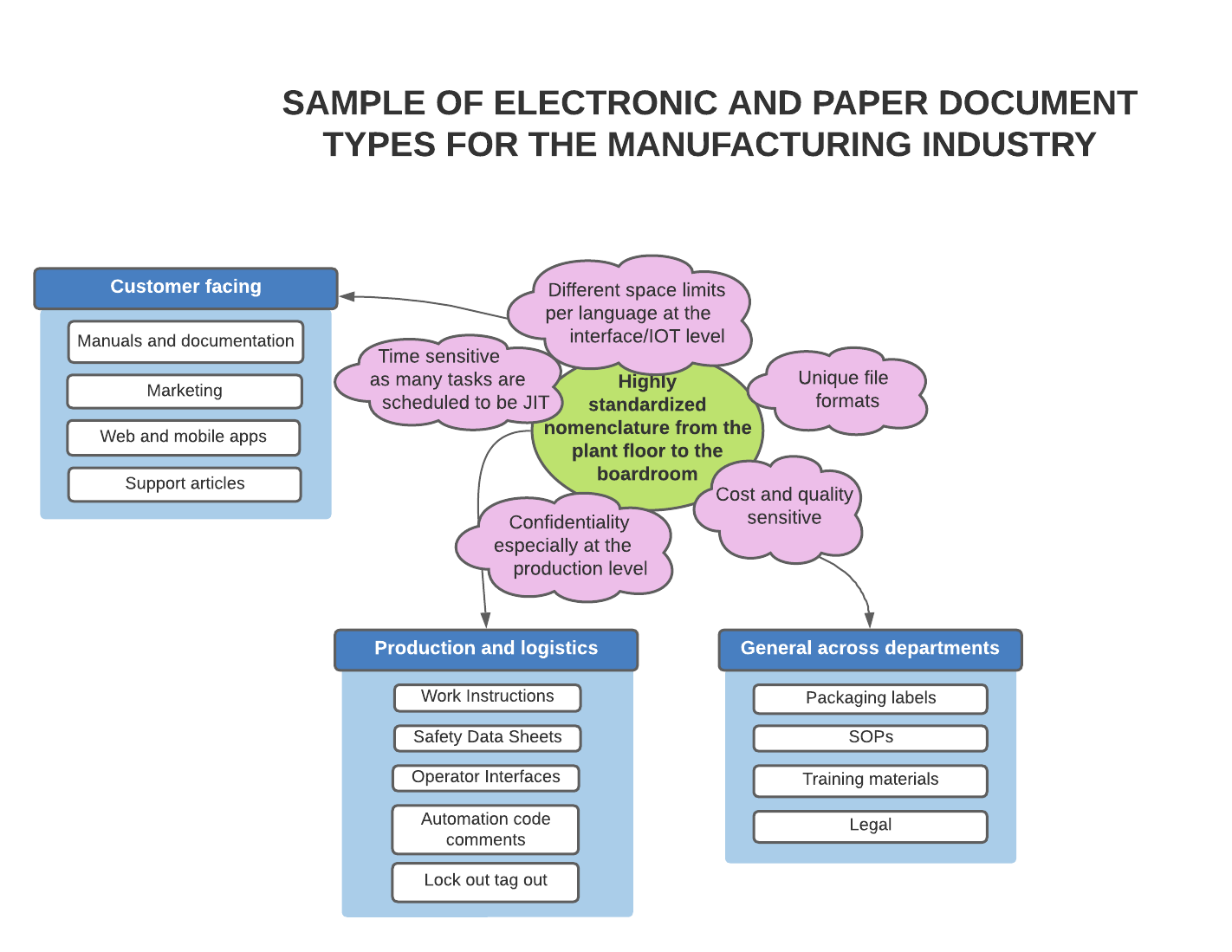
By Anthony Dimitrokalis
Translation & Localization Solutions Specialist
The Mechanic Versus AI, and the Standards That Make Globalization Happen.
How standards in nomenclature, procedures and documentation make life easier for humans and AI
Any AI tool, like a human, requires data fed into it so that it can make the right decisions and learn over time, much like a mechanic gets better over time as they train on more and more cars.
Mechanics build their knowledge through hands-on work, appropriate reference material, and realistic analysis rather than taking artistic freedoms.
Car companies design around standardized, reusable parts/components, which make their business more efficient, and easily maintainable while enabling the client to find a more reliable mechanic because the mechanic has learned their job more quickly and performs their tasks more reliably as a result of data that was fed to them via standardized parts/components and standardized catalogs and manuals, even across multiple vendors in certain instances.
The documentation required for a manufacturer to sell and produce internationally
Documentation in various forms (written, stored in a database, stored in code, SOPs, workflows, work instructions, articles, marketing material, etc.) is how many standards are kept in all large organizations and therefore constitute the message that companies send to their consumers and those that help maintain and improve their client’s products. That consistent message mustn’t vary too much and must stay consistent across all mediums.

Like a mechanic, documentation is built by hands-on work that is realistic, conventional, and built on an investigation. As companies grow, it is hard to maintain these standards. This poses a significant problem both externally and internally. Think about how a team member can become effective immediately in industries where artistic freedom needs to meet unchangeable constraints. Employees are fed standards as reusable and standard components that can be reordered, reused, decommissioned, or commissioned to reliably determine the reference material and components most pertinent for the task at hand.
Once that is done, an organization can have standard messaging while its clients also increase the likelihood of getting the job done more effectively, much like a mechanic. With these standards in place, organizations can also start delivering more reliable products that are easier to maintain for their consumers.
Summary of benefits when standardizing documentation
The net result? The safety of workers and clients is better assured; Production costs are lowered, reliability increases, support costs decrease, client satisfaction increases, and even your legal team is happy.
Solving the complexities added by globalization
Add localization and globalization to that mix in dozens if not hundreds of unique markets and languages, and one realizes that standardization increases in importance exponentially.
Then you have to add AI to the mix in some situations. Can it be possible that using AI effectively is just like using humans since AI is designed to mimic the human brain and become a reliable team member that assists other team members?
Regardless, standardizing source content is the key.
Try out our FREE localization QA audit!
Don’t forget to accept our offer of giving you a free localization QA audit! We’ll test your website to see if it passes all of our localization checks, then provide you with an audit on just how localized your website is.
Simply click here https://gthtranslation.com/lqa-services, fill in your details at the bottom of the page, and we’ll do the rest! The LQA audit is vital as it will show you if you’re properly communicating with your clients or customers (in different geos).



 English
English Greek
Greek +44 730 8577 353
+44 730 8577 353 +357 25 55 42 10
+357 25 55 42 10